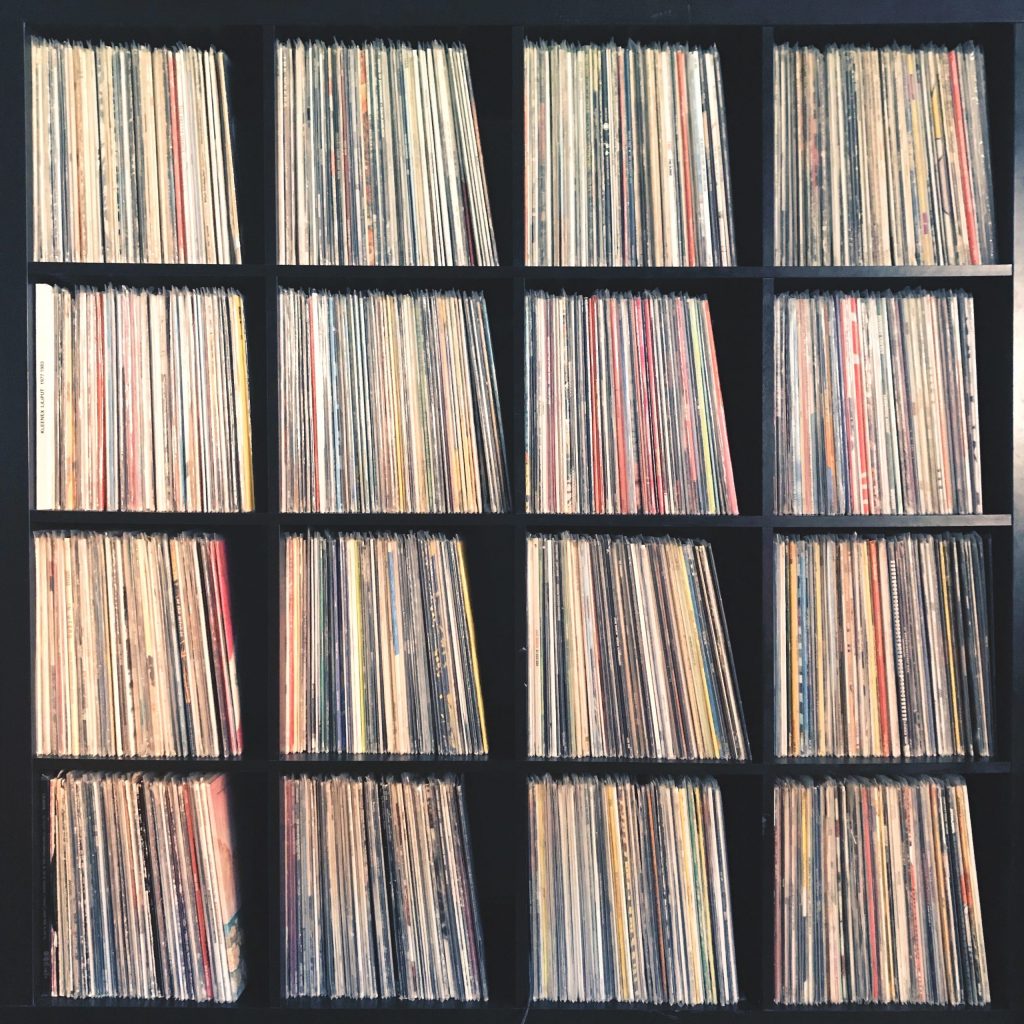Now I finally understand why vinyl sounds better than digital:
”Richness refers to the diversity of auditory aspects heard in vinyl records. Because of record grooves, the sound of vinyl is more open, allowing a greater quantity of features to be heard. The space afforded by the grooves allows one to locate and individuate particular instruments and sounds and observe how they contribute to the music as a whole. This way, diversity can be heard.”

Spin Me Round: Why Vinyl Is Better than Digital - Aesthetics for Birds
What follows is a guest post by Tony Chackal. We have also published a response piece to this post, which you can read here. Ever wonder why people prefer vinyl records over digital formats? Are they just snobs who fetishize vintage culture or elitists overly concerned with being hip? Are vinyl...aestheticsforbirds.com
Haha. There were some interesting thoughts elsewhere in that essay, but the attribution of sonic individuation to groove space was pure fantasy/allegory of course. The linked article in response dealt with all that pretty nicely.
Edit: I thought the responder's point that we shouldn't necessarily attribute material to analog was a good one actually (eg analog radio had all the ephemerality of digital streaming, and more).
Last edited:

